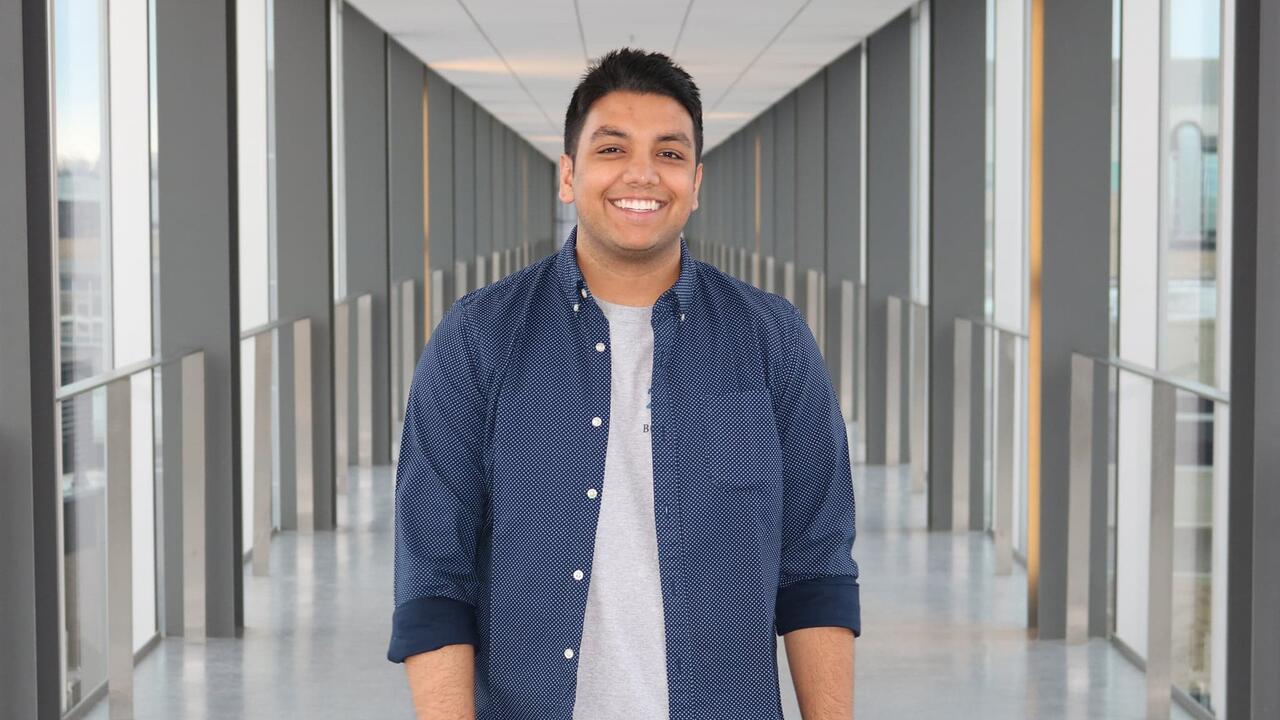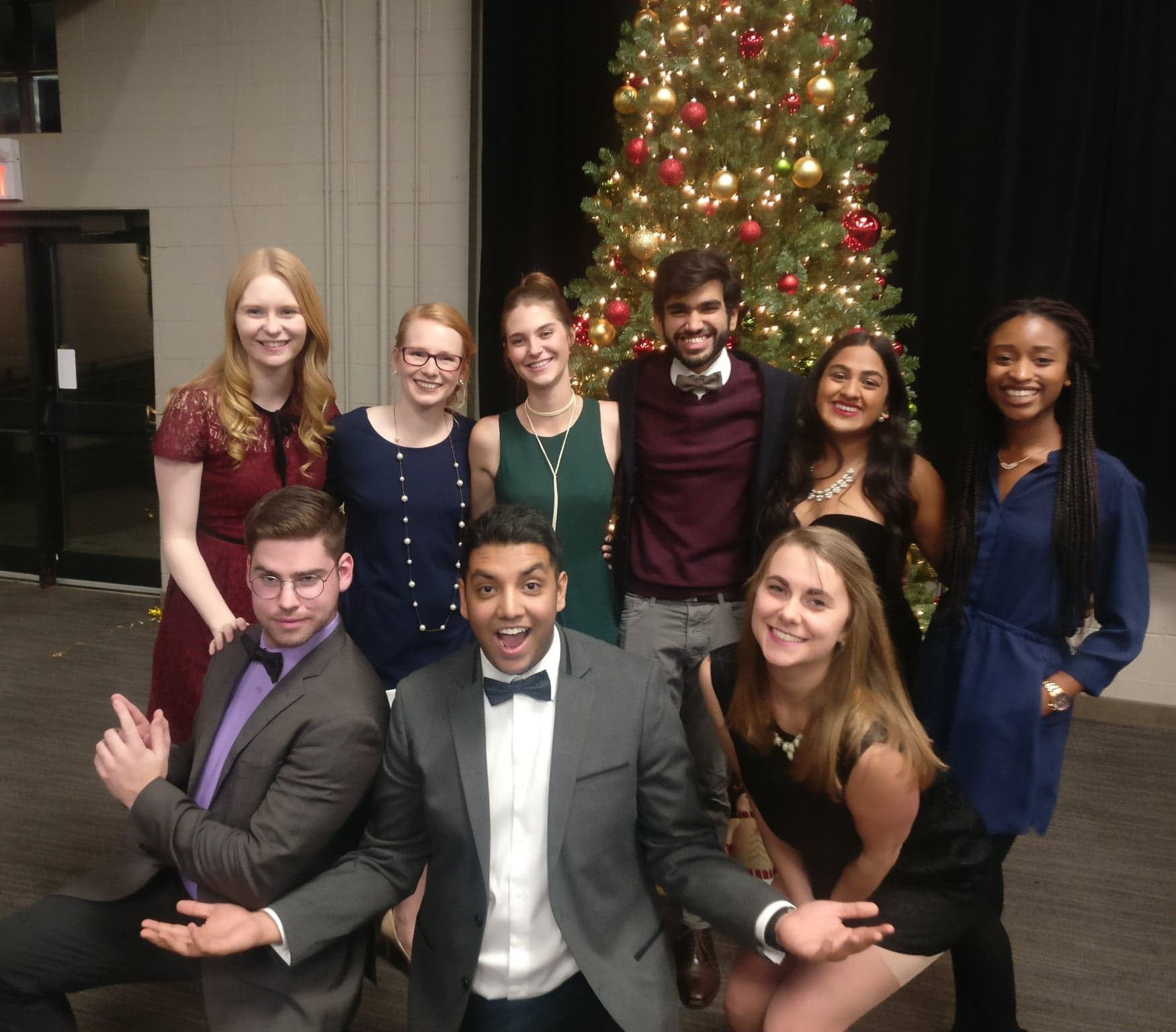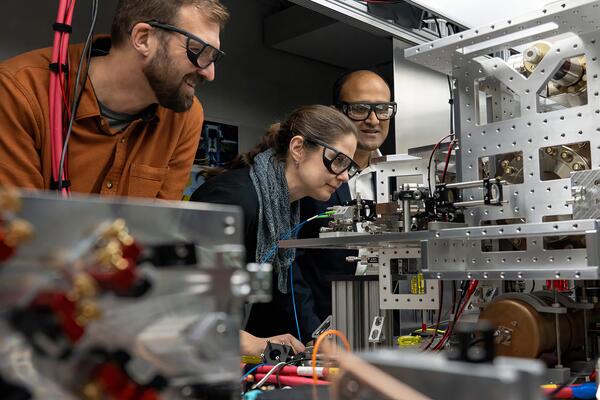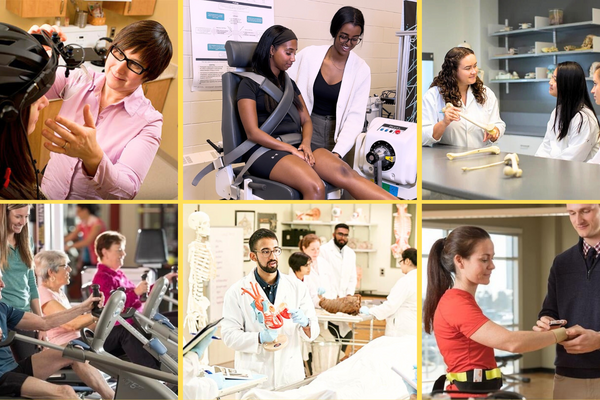
Finding Your Professional Values
Chirag Sheth (BSc ’17) lets his passions guide his career path.

Chirag Sheth (BSc ’17) lets his passions guide his career path.
By Chirag Sheth (BSc ’17) AlumnusWhat do you want to be when you grow up? From a young age, we are asked to think about our career. Do you want to be a doctor? A lawyer? A teacher?  Even as a kid, when you’re asked about your career, the answer is always some sort of job title. As we start to get older, this becomes an even tougher question. We start to try more things and find out what we like to do and what we don’t like to do, and if you’re anything like me, it can be really hard to make that choice.
Even as a kid, when you’re asked about your career, the answer is always some sort of job title. As we start to get older, this becomes an even tougher question. We start to try more things and find out what we like to do and what we don’t like to do, and if you’re anything like me, it can be really hard to make that choice.
What do I want to do with my life? After a lot of self-reflection and help from some mentors, I realized I was getting way too specific with what type of job I wanted, and instead of chasing my passions, I was chasing a job title.

I realized that I needed to think of my career at a much higher level. So I sat down and reflected. A lot. I thought about all the experiences I’ve had to bring me to where I am today. I thought about past co-ops, volunteer opportunities, my classes, really everything I had done with my life over the last five years. I started grouping those experiences and trying to identify some common themes. After probably weeks of thinking (because let’s be real, doing this during midterms probably isn’t the best timing), I came down to three main themes which I like to call my professional values:
Once I figured that out, it made the whole career conversation so much easier. I knew that whatever job I ended up with, if it had those three things, I would be happy. This made the job search so much easier. If I read a job description and I didn’t feel like it aligned with my values, I would skip to the next one. If I was in an interview, I would clearly outline what my values were to see if it aligned with the company and the role.

Thinking of my career more broadly made all the difference. Once I understood what my professional values were, I was then able to get more specific and really see if a job/company was right for me.
And the great thing about it is those professional values can change. As we get more experiences and try more things, our values may start to shift. This isn’t a one time thing. It’s important to continue to reflect on your experiences, because as we learn and grow, so will our professional values.

Read more
Waterloo Pharmacy alum spearheads outpatient oncology clinic for patients undergoing cancer treatment at WRHN

Read more
And a new model for how quantum research is shared — opening doors for the next generation of scientists and entrepreneurs

Read more
From optometry and pharmacy to public health and therapeutics, Waterloo alumni are powering Canada’s health care sector
The University of Waterloo acknowledges that much of our work takes place on the traditional territory of the Neutral, Anishinaabeg, and Haudenosaunee peoples. Our main campus is situated on the Haldimand Tract, the land granted to the Six Nations that includes six miles on each side of the Grand River. Our active work toward reconciliation takes place across our campuses through research, learning, teaching, and community building, and is co-ordinated within the Office of Indigenous Relations.